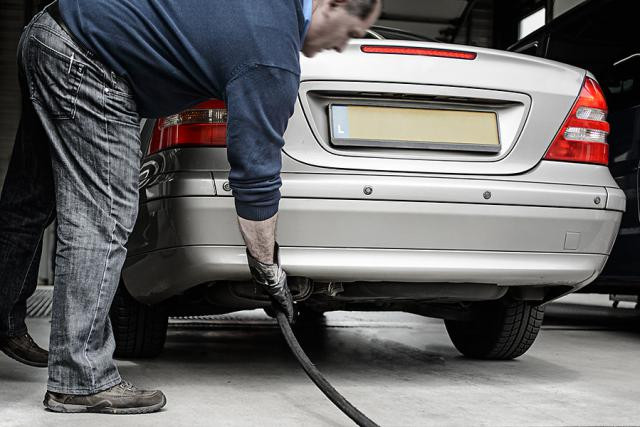The cost of putting a private car through the compulsory annual tests rose from €37.41 to €52. Owners of electric vehicles pay €46, for historic vehicles the cost is €69, while it costs €39 for a motorcycle, trike or quad (up from €27).
If the vehicle fails the first test, a second test will cost €30 for any car type and €28 for motorcycles, quads and trikes.
The SNCT defended the increases saying they were necessary to cover the fall in revenues because of the extension of the frequency of roadworthiness tests and a “significant” increase in operating costs.
“Within 20 years, this is only the sixth tariff adjustment,” it said in a statement issued on Tuesday. It further added that it had recently invested in updating its IT systems, improving the appointment booking system that will be operational from 4 March for all private customers.
But the Luxembourg consumer’s union, ULC, suggested the tariff adjustment was an opportunity to bring fees closer to those charged by competitor Dekra, which began offering the car tests in 2018 after the SNCT monopoly of tests ended on 1 February 2017.
“In Luxembourg, price liberalisation has only ever led to enormous prices increases,” ULC wrote in a statement published on its site on Monday.
It added: “It is a downright impertinence that this 40% increase will primarily affect small- and medium-sized earners and families.”
The ULC called on the government and responsible stakeholders to withdraw the increase.
The Automobile Club of Luxembourg (ACL), meanwhile, suggested in a message sent to members on Tuesday that given the timing (after the elections) the tariff increase was part of the government’s strategy to shift towards electric mobility. It also points out that fees were last increased in 2016 and “had not been accompanied by measures that brought about a visible improvement in the service such as the digitisation of appointment scheduling and better organisation, no qualitative leap in the offer over the last 12 months justifies such an increase.”
The ACL wrote that the government should suspend any increase that will affect people who cannot afford to buy a new vehicle, be it an electric or hybrid plugin, or any new thermic motor engine vehicle which would exempt them from the roadworthiness test for four years.
“Motorists, particularly through excise duties and motorway vehicle tax, are already making a very active contribution to the development of mobility in Luxembourg,” ACL wrote.
